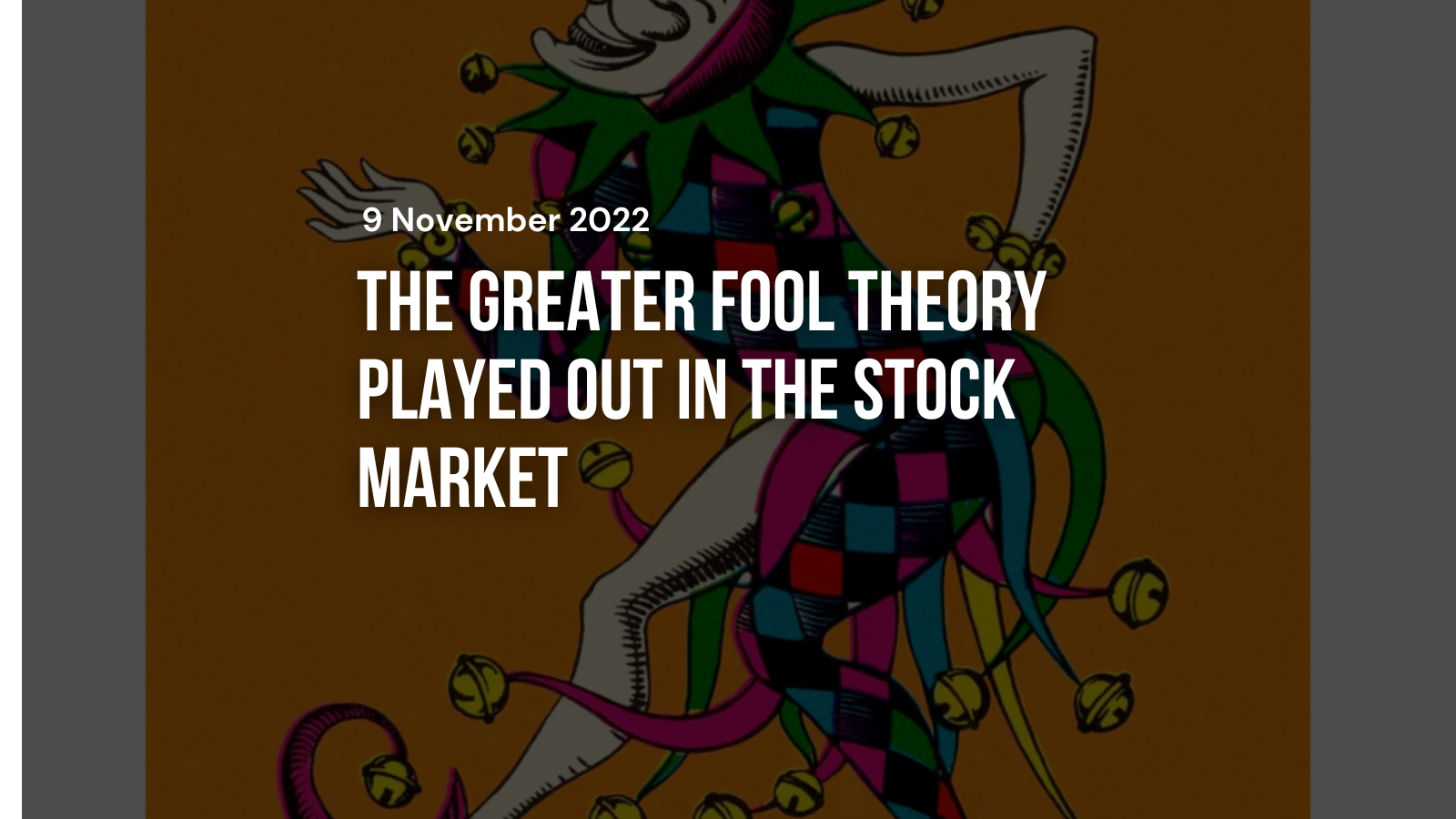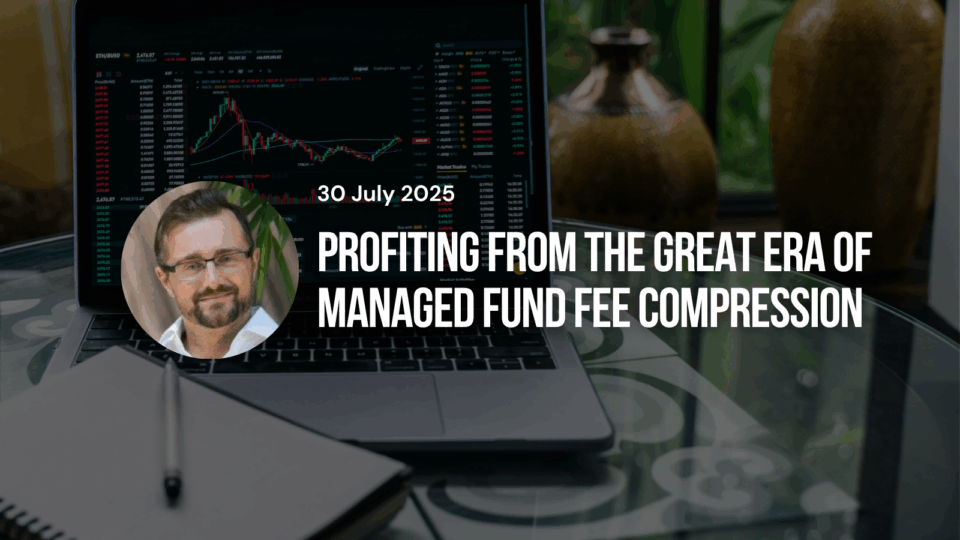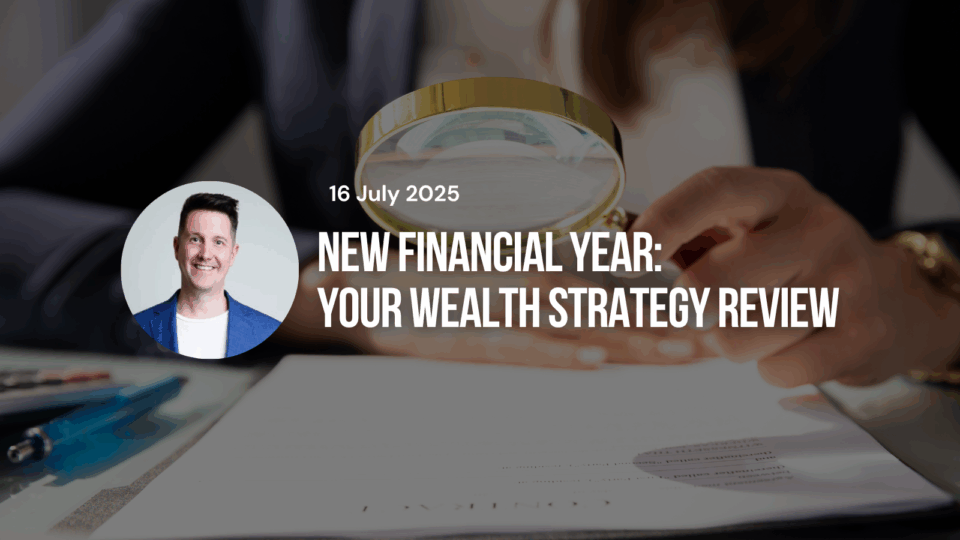
By Jim Osman, Senior Contributor
9 November 2022
Legendary military tactician Sun Tzu changed the way that war and warfare are conducted today. Sun Tzu was a man about whom nothing is known with certainty, but he is best known for his work The Art of War, which serves as a manual for winning wars and conflicts.
“Therefore, those who win every battle are not really skilled—those who render others’ armies useless without fighting are the best of all,” Sun Tzu wrote in The Art of War. This “fighting without fighting” is much more of a mental contest than an actual physical fight.
The stock market is always difficult to navigate. Investing is a lot like getting ready for battle. Both entail evaluating one’s positions, strategising, conducting in-depth research, managing risks, creating scenarios, and more. Sometimes it will lead you to believe it’s easy. According to the Greater Fool Theory, one can profit from a market bubble by purchasing overpriced assets and later selling them for a profit because there will always be buyers prepared to pay a greater price. Speculators subscribing to the Greater Fool Theory could be left holding the bag after a correction. The number of new investors coming to the market in the last two years who claimed it was easy and are now back at their day jobs received this hard lesson.
Firstly, intuitively understanding how the stock market works and then thinking of a smarter way to beat it can not only provide returns, but can also help you sleep at night. One of the main activities I am good at is sleeping. It helps my brain function, keeps my emotions in check, and reduces stress. Never underestimate a good night’s sleep.
When I started our research firm in 2007, we simply analysed Spinoffs. We initially took a generic name for the firm, but as we grew, we morphed into a company that analysed many different areas of public investments and found ourselves being very opportunistic in our thinking. We needed a new company name and brand, and employed a PR firm to help us figure it out. I remember sitting down with Berkeley Communications in the UK and their CEO Chris Hewitt. After an extensive exercise and brainstorming session with the many questions he threw at me, I keep repeating the fact that the gold in any investment was to have a unique angle and to ensure that this was paramount to successful returns. Finally, our new firm identity as The Edge was born. It was more than just a name. It was our core belief and had a purpose that filled a need. It was what was inside me that I felt passionate about, and Chris was smart enough to spot that. My goal is to help investors make a return by helping them think and look at potential investments a little differently. I maintain that passion every day.
Finding An Edge
Successful investing is more than being able to pick a good stock. You’ll be surprised that most investors can. However, through my many years, I can tell you that having a unique angle can put a safety net beyond your process, which is essential if you are going to put the odds in your favour. Never forget, this is an odds game. You will be rewarded by not only placing the right bets with all the signposts pointing in the correct direction, but by managing the losses when things don’t go as well as planned. You will have losses. Expect to have periods where you will lose. The latter is more important than the former because most people find it hard to accept and accept the fact that they are wrong. This leads to losses outstripping many profits. Therefore, most investors do not stand the test of time. It seems that investors are not all that afraid of taking risks. They are not against risk for a variety of reasons, but they are against losing, and the prospect of losing greatly influences their decisions.
Markets Price In Everything
Markets are broadly efficient. The Efficient Market Hypothesis states that share prices reflect all information and consistent alpha generation is impossible. Therefore, it should be impossible to outperform the overall market through expert stock selection or market timing, and the only way an investor can obtain higher returns is by purchasing riskier investments. How do you feel reading this and being an investor? Well, good news, after all this time in the market, I can tell you there are ways of beating it.
- Proponents of EMH promote that investors benefit from investing in a passive portfolio.
- Opponents of EMH believe it is possible to beat the market and stocks can deviate from their fair market prices.
What Drives Markets In The Short-Term?
In 2020, nearly 24 million new investors came to the US stock market, fueled by government stimulus and nowhere else to put their money, and these new investors pumped popular stocks. Pleasurable emotions are obtained from a variety of human acts (caused by the chemical dopamine). These same pleasure hormones are released when people buy things, so for many of us, purchasing anything is an easy way to satisfy our innate need to feel good. We just like to own stuff and people really needed to feel good in what will go down as a very dark period in world history.
What came thereafter was a huge rally of stocks that these newbies just wanted to “own.” The meme generation was born. It’s a bubble in history that we will look back on, but like many bubbles it’s good to think about what went wrong and what to do afterwards. In 2002, the S&P took 12 years to gain similar levels after the crash. 90% of internet stocks went to zero. In 2008, the pullback took four years to get back to the previous level. It’s good to recognize what drives markets in the short-term because it will enable you to manage your emotions. It is unlikely that trying to predict short-term fluctuations in specific equities, the stock market, or the economy can lead to consistently successful outcomes. Future developments are too uncertain in the short run. Uncertainty will always exist, no matter how much we wish to know what the market will do next. The future cannot be predicted. Nobody can predict it. The answer is to disregard the prophets and continue your path. Three things move markets short-term.
Emotion
- As humans, we are driven by emotion, genetics, stress, and diet;
- Mr. Market has a way of moving things around;
- Expectations of supply, demand, and expected company performance influence decisions;
Crowd Behaviour
- Fear of Missing Out (FOMO) is an anxious feeling you get when you believe other people might be making some money without you;
- Asset bubbles, meme stocks, Wall Street Bets, and Reddit are all distractions;
- Investors without a plan may look to the herd to determine where to go;
Fear & Greed
- “Be fearful when others are greedy, and greedy when others are fearful.” – Warren Buffett;
- Common intuition states that in a fearful market, people are looking to irrationally sell stock, and in a greedy market people are looking to buy;
- Fear and greed both have their place in financial bubbles;
Long-term, if you have carried out your thesis correctly, your plan works. You must address the short-term drivers in between with careful management of emotion and patience.
The key to long-term success, no matter if you are short- or long-term in your investing strategy, is defining your edge in the market, and you really must take time to consider this. Every value investor needs to have a slightly contrarian view. Most investors and traders think about how they can beat the market. They analyse macro implications, look at money flows, options flows, the VIX, follow social media, read blogs, etc., but you should really try to work out how you outthink the market.
There are two common errors that almost all novice stock market investors make. The first is having a vague understanding of the securities with which they are dealing in and having insufficient information about a company’s management, financial performance, and growth prospects. The second error is trying to run up a fortune on a shoestring by trading beyond one’s means of support.
Your behaviour is probably the most overlooked determinant to achieving better results than anyone else. The disciplined investor with a process, risk management and definable edge will outperform the majority over the long-term every day of the week. The irrational and emotional one wins sometimes, but it really just boils down to luck. Some of you won’t like I said that.
Ways To Make Money
When it comes down to it, there really are only three ways of making money.
Insider Information
- Knowing something about a future event in the company that no one else does and you choose to invest ahead of it. In 2004, Martha Stewart sold 4,000 shares of ImClone (a biotech firm). Two days later, the stock fell 16% after it was publicly announced that the FDA had not approved its primary pharmaceutical product, Erbitux. She served five months in prison, plus five months of home confinement. This method comes with a strong advisory not to do it.
Faster Dissemination Of Information
- Executing on information faster than anyone else. Sadly, the internet and technology will always get there faster than you and you have lost before you start. Most people don’t have an informational edge. You can have better information than everyone else, but it usually disappears quickly because it tends to be extremely short-term in nature. High-speed trading algorithms will beat you every time.
Smarter Analysis
- Being smarter and looking where few are looking. Under-covered corporate company events that are announced but are yet to happen are a true and tested source of returns. This is my edge and the edge of our company.
So essentially, to be successful you have one way only to make money and that’s out-thinking the market whilst controlling your emotions. Maybe that’s two, but they go together.
An Analytical Edge means you see the same information as everyone else, but you see it in a different light. 25 years of looking at Spinoffs and other special situations, managing money, and producing research has enabled me to put a quality value filter on ideas when I see them. When we are questioned by potential clients and asked about our “edge,” I often say we use all the public information that’s out there. We just have the experience of looking at it in a certain way. Maybe you have more experience with a company or a certain type of business. Maybe you see the risks differently. Your edge allows you to weigh the information more effectively and get to a point where you think there could be a potential move away from price to value, which leads you to a different probability of the investment’s outcome. Use as many tools as you can to do this, BUT make sure they contribute to your edge.
The Behavioral Edge has two parts. The first is knowing that behavioural biases exist and can be exploited in the markets. So, you need to know how different biases affect asset prices, where they can be easily found, and when they can be best exploited. This is where the popular phrase “buy when others are selling” comes in.
The second part is knowing that you are just as susceptible to these biases as everyone else. That includes overconfidence. Humans tend to overestimate their own abilities on the upside and it’s a fact that they are over pessimistic on the downside, but rarely does this pessimism ever play out as bad as they think. Hence the phrase “this will end in disaster,” and of course it never does.
Knowing how you react to asset price changes and extreme market swings is more important than chasing a holy grail strategy that doesn’t exist. Smart investing is about looking in the right places and simply behaving better than anyone else.

The Psychology of a Market Cycle KIND PERMISSION OF ENDGAME360
The Psychology Of Investing
We live in a cyclical world. The irregular component of a time series is excluded, leaving just the (regular or periodic) variations around the trend, which show a series of phases of expansion and contraction. Many things in today’s world follow a pattern or happen at predictable periods. Climate and weather cycles, geological cycles, organic cycles, agricultural cycles, and biological and medical cycles are only a few examples. The stock market is also cyclical. However, the mental outlook of the investing and trading public heavily influences price movements on the markets. It’s here where you can have a psychological edge beyond the masses. Long-term price change is a result of shifting economic conditions. Short-term shifts result from the public’s shifting perceptions.
I have often said before that the history of the speculative cycle repeats itself again and again, from tulips to internet stocks. The pattern is the same, it just comes in different disguises to try to fool you. Investing is about practising self-control while playing your own game, not about competing with others. Investors are usually their own worst enemies.
Let’s examine the speculative cycle. We’ve all seen it, lived it, and have been fooled by it (some more than others). The start of the cycle is characterised by price increases that initially occur with little to no public notice, with minor volatility, tiny public interest, limited volume, and some short interest. No one is speaking about the market widely and only a few believe this could be a long-term opportunity. Volume is low and companies are not making the news. Buyers and sellers are matched. Some investors think it will end; thus, they predict a turn. Prices virtually reach their former bottom after selling.
The market will slowly rise. The public will spot it but want to wait for a better opportunity. Prices continue to rise and start attracting media attention. Finally, investors are forced to buy at any price, usually with the notion that they don’t want to miss out. The media will be reporting great news, market pundits will be in full-on prediction mode, and some investors will be thinking, “this is easy,” and maybe looking to take this up as a full-time job. There is a lack of sellers, and everyone is a buyer. When all buyers have had their fill, the market starts to turn. Prices will continue to move down until the holders cannot take the pain and prices become cheap enough for long-term buyers to purchase. Then the cycle starts again.
Use the cyclical patterns of markets and stocks to aid timing on entry. Being patient and waiting for that right moment can save you a lot of stress and, of course, a lot of money. Financial crises in history often culminate in a big failure, like LTCM (1998) Worldcom (2002) and Lehman (2008). Watch out for these sorts of events as they could signal a bottoming-out. Recognize where we are right now, and as much as I don’t like to see failure, some institutions will spectacularly fall, and it’s here that may signal some sort of bottom forthcoming. Stock market cycles have typically anticipated economic cycles by 6–12 months on average. The cycles are familiar—the economy expands and contracts and the markets rise and fall. Our emotions often get swept up in the recurring ebb and flow.
How You React Is Everything
So you’ve identified where we are in the cycle. The next step is to choose your stocks. Keep a watch list. You can do this via Google, Yahoo, or paid services that will alert you. Ensure you figure out what you want to buy, at what level and valuation, and how much your risk determines you should be filling your boots with. Being prepared is half the battle. We are the greatest investors in the world in hindsight. Sadly, this is where emotion will beat you up. Historically great purchases of mine have been made when the world is theoretically about to cave in. It never has of course, but your emotion will make you believe it and so you will miss that opportunity. As the great investor Peter Lynch once said, “The single most important lesson I’ve learned about being a successful investor is the need to maintain emotional detachment.”
Look for under-covered names that have been discarded by the market. These can include IPOs issued at the top of the market, new secondary listings, split-offs, carve-outs, Spinoffs, and orphan securities. Look for stocks that are ignored by research analysts and as a result may be trading at low price-to-earnings ratios. Also, look for companies that have announced strategic change. You are essentially buying more of a margin of safety and the market, in its malaise, will sell indiscriminately. You can also look for darling stocks that the small investor and media loved at the top. All these names are the first to be sold off when there is panic and blood on the streets as the majority look to exit the last thing they bought. Also, companies that have a limited trading history are candidates. We at The Edge monitor these types of potential investments, and they have proven to outperform over any economic cycle.
- The World is Cyclical. Recognize the part of the cycle you’re in. The bottom is usually signified by an event, e.g., bankruptcy, etc.
- Ensure You Have a Watch List. Great opportune moments rarely stay for very long in markets. You should be ready.
- Make Sure There is a Catalyst to Move Price to Value. Try to buy something not just because it’s cheap, but because there is an added catalyst to move price to value. E.g., up and coming corporate transactions like a Spinoff. You will get much more bang for your buck.
- Be Contrarian. Go against the crowd. You’ll win often.
- Protect Your Capital. Finally, if you cannot make head nor tail of what is going on, stay out of the market and remember, no one has ever been fired for making a profit.
Lastly, as Sun Tzu says, “He will win who knows when to fight and when not to fight.” Pick your spots and be smarter.
By Jim Osman
Follow Jim on Twitter or LinkedIn.
If you are interested in Jim’s thinking and special situations events, check his organisation’s website or drop them an email at research@edgecgroup.com
The Edge Group analyses investment opportunities due to corporate change and produces actionable research for global money managers.






